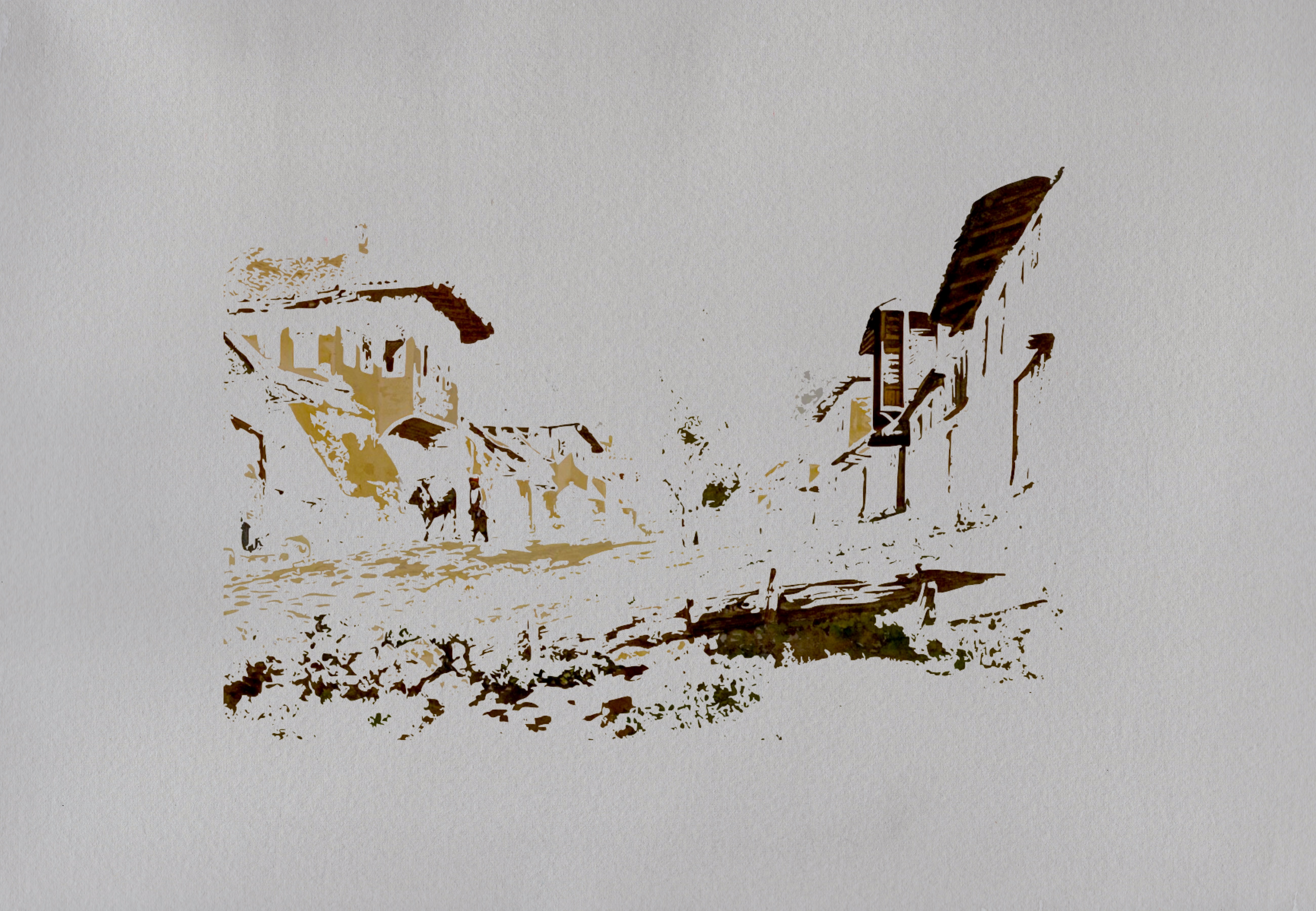
Ҳар йили дам олишга борганимда онамга гилам пайпоқ олиб келаман. Кавказ томонда кўп бўлади. Жуба дейишади, жураби дейишади. Ойим худди ноёб нарсага эга бўлгандек, узундан-узоқ дуо қилади. Шундоқ меҳрибон ўғли борлигини айтиб қўшниларга мақтанади. Унинг оёғи касал. Салқин тушиши билан шишиб кетади, оғрийди.
Қўни-қўшнилар аҳвол сўраса, уларниям, ўзиниям юпатади.
– Ҳа, энди кексалик-да, ўргилай.
Лекин онамнинг оёқ оғриғи фақат кексаликдан эмас. Буни бошқалар билмаса ҳам, мен биламан. Яхши биламан.
Болалигимда кўп касал бўлардим: қизамиқ, кўкйўтал, безгак… Шунинг учун ошхонадаги михда кўк қарғанинг патидан тортиб, гултожихўрозгача илиғлик турарди… Айниқса, томоқ оғриғи ёмон қийнайди. Оёғим захга тегиши билан томоғим оғришга тушади. Оёқ билан томоқнинг нима алоқаси борлигини ҳалиям тушунолмайман.
Ўшанда неча ёшлигим эсимда йўқ. Бироқ жуда кичкина эдим. Бир куни акаларим билан яхмалак ўйнаб терлаб кетдим. Терлаб туриб муз едим. Кечқурун иситма кўтарилди. Қув-қув йўталаман. Ойим томоғимни аччиқтош билан чайиб кўрди, бўлмади, туршак қайнатиб сувини ичирди, бўлмади… Охири томоғим хиппа бўғилиб қолди. Оғриқни сезмайману нафас олишга қийналаман. Ҳушимдан кета бошлаганимни эс-эс биламан. Қулоғим остида онамнинг чирқиллаб йиғлагани, ҳадеб бир гапни қайтараётгани эшитилади:
– Вой, энди нима қиламан! Вой, болам ўлиб қолади!
Кейин мени шоша-пиша кўрпачага ўради. Бир маҳал онамнинг қўлида кетаётганим эсимда бор. Гупиллатиб қор ёғаётганини ҳис этиб турардиму, бироқ юзимга қор тушмас эди. Онамнинг иссиқ нафаси урилиб турар, у сирғаниб-сирғаниб борар, оғир ҳансирар эди.
Хира чироқ милтираб турган аллақандай уйга кирдик. Кўз ўнгим яна қоронғилашиб кетди. Ойим ҳамон чирқиллайди.
– Ўлиб қолади! Болагинам ўлиб қолади!
– Ваҳима қилманг, пошша, дардни берган Худо, давосиниям беради.
Бу Ҳожи бувининг овози эканини ғира-шира идрок этдим.
Ҳожи буви бошимни тиззасига қўйиб чалқанча қилиб ётқизди. Дока ўралган бармоғини оғзимга тиқди. Кўнглим ағдарилиб, типирчилаганча йиғлар, аммо Ҳожи бувининг қўлидан чиқиб кетолмасдим. У томоғимга нимадир қилди. Дод солиб қўлини тишлаб олдим. Қизиқ, бирпасдан кейин аҳволим енгиллашди. Кўзимни очсам, Ҳожи буви жилмайиб турибди.
– Нега тишлайсан, кучуквой? – деди бошимни силаб.
Кейин тепамга ойим энгашди. У ҳамон ҳансирар, сочлари тўзғиб кетган, юзи жиққа ҳўл эди.
Бирпасдан кейин қаддимни ростлаб, танчага оёғимни тиқиб ўтирдим. Ҳожи буви аллақандай тахир суюқлик ичирди. Кейин ойимга қаради-ю, бирдан хитоб қилди.
– Вой пошша-а-а! Нима қилиб қўйдингиз, тамом бўпсиз-ку!
Ойим талмовсираб, гоҳ менга, гоҳ Ҳожи бувига қарар эди.
– Оёғингиздан айрилибсиз-ку! – деди Ҳожи буви бошини чайқаб. – Шу аҳволда қандоқ келдингиз?
Кавшандозда турган ойимнинг калишини энди кўрдим. Калишнинг ичи қорга тўла эди.
– Сарпойчан келавердингизми?! – деди Ҳожи буви ҳамон ўша ваҳимали оҳангда. – Энди нима қиласиз? Қарғанинг миясини чақиб сурмасангиз, чўлоқ бўлиб қоласиз.
Ойим танчадан оёғини чиқарди. Иккала оёғи қип-қизил гўшт бўлиб кетган эди.
– Совуқ егани йўқ, – деди секин. – Қайтага исиб кетди. Қорда ўзи исиб кетаркан.
Ҳожи буви унинг оёғини уқалаб кўрди.
– Сезяпсизми?
– Нимани? – деди ойим оёғига эмас, менга қараб.
– Қўлимни сезяпсизми?
Ойим индамай бош чайқади-да, пиқиллаб йиғлаб юборди.
…Эртасига у ётиб қолди. Узоқ ётди. Дадам бир жойдан қарға отиб келди. Ҳожи буви қўлидан келганча дори-дармон қилди… Кейин ойим тузалди. Бироқ салқин тушиши билан оёқлари шишиб, азоб берадиган бўлиб қолди…
Ҳар йили дам олишга борганимда онамга гилам пайпоқ олиб келардим. У худди ноёб нарсага эга бўлгандек, узоқ дуо қилади, бирпасда ҳамма қўшниларга кўз-кўз қилиб чиқади, шундоқ “меҳрибон” ўғли борлигини айтиб мақтанади. Шунда қор гупиллаб ёғиб турган мудҳиш кеча, онамнинг қип-қизил гўштга айланиб кетган оёқлари кўз ўнгимга кела-ди-ю, индамай чиқиб кетаман.